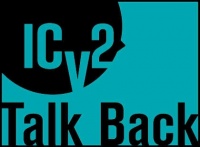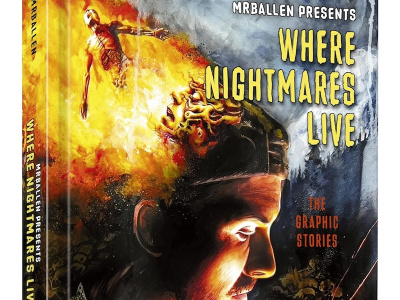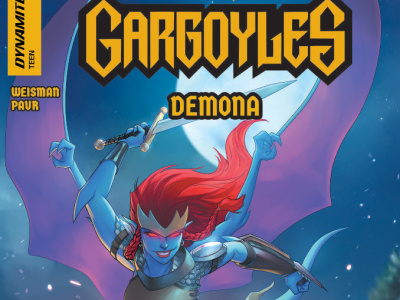
Charles Brownstein, Executive Director of the Comic Book Legal Defense Fund, responds to Paul Stock's comments regarding the Comic Book Legal Defense Funds position on the removal of the SideScrollers graphic novel from a ninth grade summer reading list (see "Paul Stock of Librairie Astro on 'SideScrollers' GN Removal").
Paul Stock recently wrote a piece critical of the Comic Book Legal Defense Fund's efforts to reverse the removal of Matthew Loux's graphic novel SideScrollers as an option from high school summer reading list in Connecticut. Mr. Stock suggested the book wasn't banned because citizens could still purchase it in stores or check it out of public libraries. While it is true that parents and teens can access the book outside of the classroom, it is also true that the book's removal from a list of educational resources is, in fact, a ban. Even more troubling is that the school district appears to have banned the graphic novel without following their own review policies. The CBLDF outlined the case in our joint letter calling upon the school district to rescind the ban, stating:
As we understand it, the District requires a written request for reconsideration, which triggers a review of the challenged material by a committee to evaluate the merits of the material and make a recommendation to the Board of Education. None of these steps was taken in the present case. The ban was triggered by a verbal complaint from a person who is not even the parent of a child in the school. The District’s policy contemplates challenges only by parents. It states that "no parent nor group of parents has the right to negate the use of educational resources for students other than his/her own child." (6163.1a) (Emphasis added.) This is a reasonable restriction, since it allows complaints to be resolved by providing alternative assignments, rather than restricting the access of all students because of the concerns of some parents. In the case of the summer reading list, five alternatives were already offered.
School officials "may not remove books from library shelves simply because they dislike the ideas contained in those books and seek by their removal to 'prescribe what shall be orthodox in politics, nationalism, religion, or other matters of opinion.'" Board of Education v. Pico, 457 U.S. 853, 872 (1982)(plurality opinion). The failure to follow the district's own procedures and the unwarranted removal of the book raise serious due process and First Amendment concerns.
Mr. Loux's book was named one of the Top Ten Great Graphic Novels for Teens in 2008 by the American Library Association and was recognized by educators in the Enfield system as having value for students in the school. Descriptions on the content of each of the books on the reading list were provided, and the district advises parents to be active in their child's reading, and use these books to open up conversations. Removing the book as an option for students to use in their summer reading assignment has produced the result that one person's values have impinged on the rights of parents and students to have conversations about this education resource. The fact that the district did so without adhering to their own policies is, to borrow Mr. Stock's term, apparent sloppiness that has led to an unacceptable result. It is for that reason that the CBLDF has spoken in support of rescinding the ban and restoring the book as a resource that all of the district's parents and students can choose.
The opinions expressed in this Talk Back are solely those of the writer, and do not necessarily reflect the views of the editorial staff of ICv2.com.







